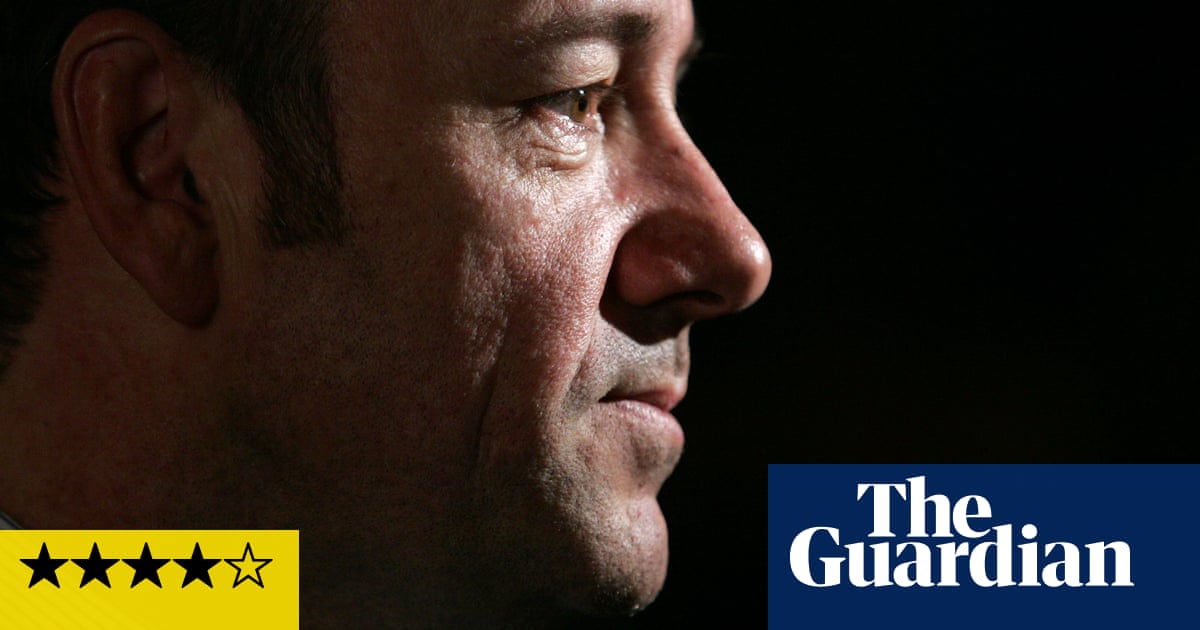
t the start of her new book, Caitlin Moran is visited by the ghost of her future who gleefully informs her that while she may think that the most difficult parts of her life are behind her, she doesn’t know the half of it. This is because while your teens and 20s are about dealing with your own problems, your 30s, 40s and 50s find you taking on everyone else’s. “Mate, forget the AA, you’re just about to become the Fourth Emergency Service,” explains Moran’s future self. “Your life’s about to become a call centre for people who are exploding.”
Thus, in More Than a Woman – the sequel to the mega-selling 2011 book How to Be a Woman – Moran, now 45, takes a second look at womanhood, this time from the vantage point of middle age. Part memoir, part manifesto, it tackles such thorny issues as anal sex, smear tests, hangovers, teenagers, ageing parents, careers, the tyranny of the to-do list, big bums and the moment when your entire wardrobe seems to turn against you.
The chapters are built around a day in Moran’s life and carved up into specific themes such as: The Hour of Married Sex; The Hour of Physical Acceptance; and The Hour of Counting All the Things a Woman Will Have by the Age of Forty, Which Show What She Wanted to Be, But Hasn’t Been – Yet. While the subjects can feel a little shoehorned at times, it allows Moran to provide snapshots of her daily routine and, as is her trademark, use them to make broader points about the general state of things.
Those who read her newspaper columns will know that Moran – who is also a screenwriter and novelist – is great at the observational stuff. Elaborate metaphors abound: mothers are superheroes who, instead of shooting out spider webs or laser beams, grow new organs and start producing milk; a child’s empty bedroom is, poignantly, an abandoned film set when everyone’s gone for lunch.
She is also very funny, locating the absurd in everyday situations such as the spectacle of her husband sneezing “as if a portal to Hell has opened up in my loved one’s sinuses, and he is birthing a spiralling vortex of ebullient demons, one by one, through his nose, in a way that cannot be stopped until all his life-force is spent”. Elsewhere, meandering anecdotes are replaced by no-nonsense commands. “Do not marry a cunt,” Moran states in a chapter about working mothers. “The more their partners do – the more they engage in childcare and housework – the more those women fly,” she explains.
Threaded through the narrative is Moran’s commonsense feminism, underpinned by the principle that if men aren’t having to put up with this crap, then neither should we. She also reserves the right to change her mind. Having once raised a disapproving eyebrow at women who got Botox injections, the author says she has now thrown out what she calls her “Botox Police Hat” and, having tried it herself, is a convert. She now sees it as a “face chiller”, the use of which is no more radical than microblading your eyebrows or getting veneers for your teeth.
It’s perhaps inevitable that there are topics that remain out of reach to Moran. For instance, the chapter on tending to vulnerable parents is sympathetic but slim, largely because her own parents are in good health. The menopause is still a few years off for her, so it doesn’t figure at all. Give it another 10 years and this would doubtless be a different book – but no matter. Moran is at her best when writing about what she knows.
The most obvious precursor to More Than a Woman is I Feel Bad About My Neck, Nora Ephron’s 2007 book in which she grumbled wittily about expensive handbags, her philandering ex-husband, failing eyesight and not having spent enough time in her youth wearing a bikini. But where Ephron’s impulse was to chronicle the often inglorious slide towards old age, Moran’s is, where possible, to celebrate and find value in it. Thus, she hails the friendships that have stretched over decades, her sudden appreciation of gardens, dog ownership and, yes, her ageing body. The delight Moran takes in her physical self – “the Womble-nose breasts that point downwards, one larger than the other; my C-section scarred belly; the Malvern Hills of my hips and thighs” – is a wonderful thing, though her wish that her female readers similarly adore their bodies may be a touch optimistic, given how deeply self-loathing can run among those conditioned to see beauty as their most vital asset.
Clearly, Moran understands this. She has seen first-hand the catastrophically damaging effects of this demand for perfection through her own Instagram-loving children; indeed, the parts about raising teenagers provide the book’s real emotional punch. At the age of 13, Moran’s daughter Nancy developed an eating disorder and began self-harming. The confusion, followed by alarm, followed by abject devastation felt by Moran and her husband is powerfully articulated, and sits in stark contrast to the larkiness elsewhere. We see Moran at her most serious and embattled, at sea in the face of illness and a child that she can’t reach. She wouldn’t be writing about this, of course, had Nancy not come out the other side and emerged a stronger and more resilient young woman. Whatever the calamity, Moran explains, “you outlive the bad times. Happiness comes again, eventually … Just by staying alive. That’s all you have to do. A year can pass so quickly. Your foot is on the accelerator now.”
• More Than a Woman is published by Ebury (£20). To order a copy go to guardianbookshop.com. Delivery charges may apply.












